Facts About Pool Chemistry That You Should Know
There is a multitude of ways that pool care professionals keep your swimming pool clean. More often than not, it all boils down to your pool's chemistry. Of course, you'll need to vacuum the bottom of your pool and skim the top of debris, but it's thanks to the chemicals and filtration systems that your pool is kept safe from bacteria and other harmful components.
Unfortunately, not many people know how their pool's chemistry works to keep their water clean. Here are some of the things you should know when it comes to pool maintenance and chemistry.
Why Do We Need Pool Chemicals in the First Place?
Over time, these stagnant bodies of water will be impacted by the environment, even if your pool is indoors. Each time you get in, you're introducing bacteria, chemicals from your shampoo and body soaps, body oils, and countless other factors that can impact your pool's cleanliness. If you're not regularly investing in pool maintenance, your swimming spot could become impossible to enjoy. As such, pool chemicals are essential in reducing the number of bacteria, mold, algae, and more in your pool.
Of course, depending on the pool, you might need minimal chemicals. Ozone pool conversions help minimize the growth of bacteria and other contaminants by injecting O3 into your water. On the other hand, UV pools are specifically designed to help lower the number of chemicals you're using to clean your water. Talk to your pool care professionals about whether or not a pool conversion system is right for you.
On top of that, certain levels of salinity, pH, and calcium can impact the health and longevity of your pool. For example, pools filled with hard water (water rich with minerals like calcium and limestone) will make your pool cloudy and unappealing. On the other hand, water that's too soft can actually boost levels of corrosion. It isn't just about keeping your body safe -- it's about keeping your pool healthy, too.
It's All About Hitting the Right Ratio
Though chemicals are essential in keeping your pool sparkly clean, you can't simply dump in a mass of chemicals and stir them around. If you're not careful, you could suffer from skin irritations, eye issues, and other issues when you go swimming in a poorly balanced pool. You can obviously tell that the balance is off if the pool water gets cloudy but even minor problems in the pool's chemical balance can lead to the aforementioned issues.
You should also consider the pH of your pool. Along with killing contaminants, the main purpose of maintaining your pool is to keep your water safe to swim in. If your pool's pH is too basic or acidic, it can result in adverse health issues. This can be hard to fix without the help of an experienced pool care professional , so don't hesitate to call and ask questions.
There are a few types of pool chemicals to consider. Here are some of the most popular options that pool service companies typically use.
The Basics of Chlorine
The most common pool chemicals used is chlorine, which acts as a type of disinfecting agent. This can be solid as a liquid, powder, or even a tablet form. This chemical is often used in your pool's filter, but they're also common in skimmer boxes. This chemical is key in killing bacterial agents in order to make it safe for you to swim in.
Understanding Oxidation
Chlorine is your first line of defense, but many pool care professionals are also using oxidation techniques to better maintain your pool. This is designed to kill any other forms of organic life that bypassed the chlorine's wall of defense. This makes the pool's chlorine and other oxidizing agents gain an electron while taking away an electron from other contaminants in the pool. An Ozone filtration system is the best way to oxidize your residential pool since it releases Ozone gas directly into your water. Relying on a professional for this leg of the job is essential.
Bet on Bromine
Bromine sanitation methods is an increasingly popular alternative to chlorine cleaning agents. Bromine keeps your pool clean of pathogens by ionizing the contaminants in your pool. In a nutshell, it gets inside of those contaminants and breaks down their molecular structure, rendering them harmless and safe to swim in. Just like chlorine, however, shocking the pool with an oxidizing agent can help reduce the smell of these chemicals as they begin to break down over time.
Contact SwimHappy Pools Today
Even though there are more than 10.4 million residential pools in use, many people don't know the importance of understanding pool chemistry. As such, don't be afraid to leave your pool maintenance to experienced pool care professionals. When you have questions about special pool maintenance, chemistry, or more, rely on the team at SwimHappy for help.

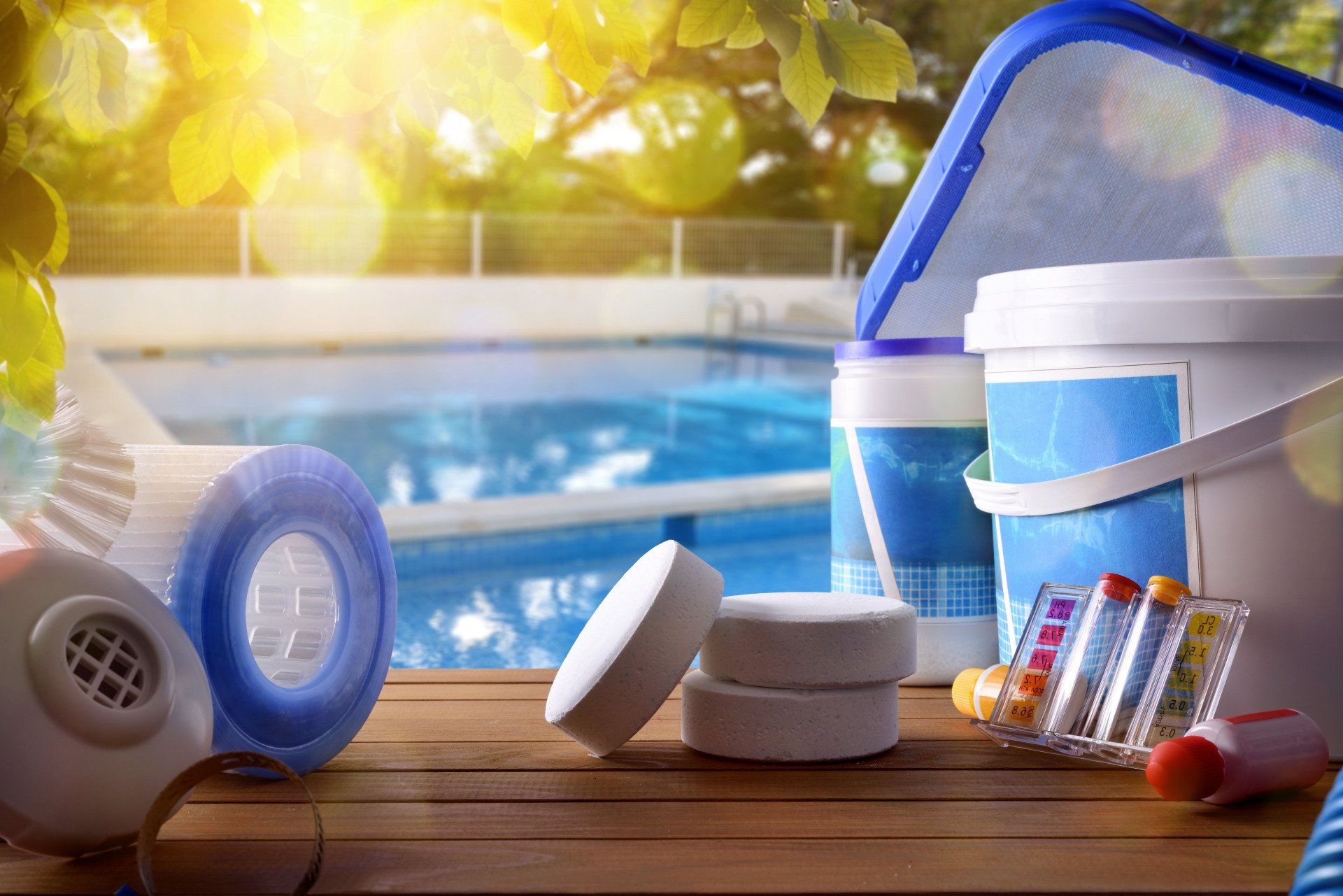
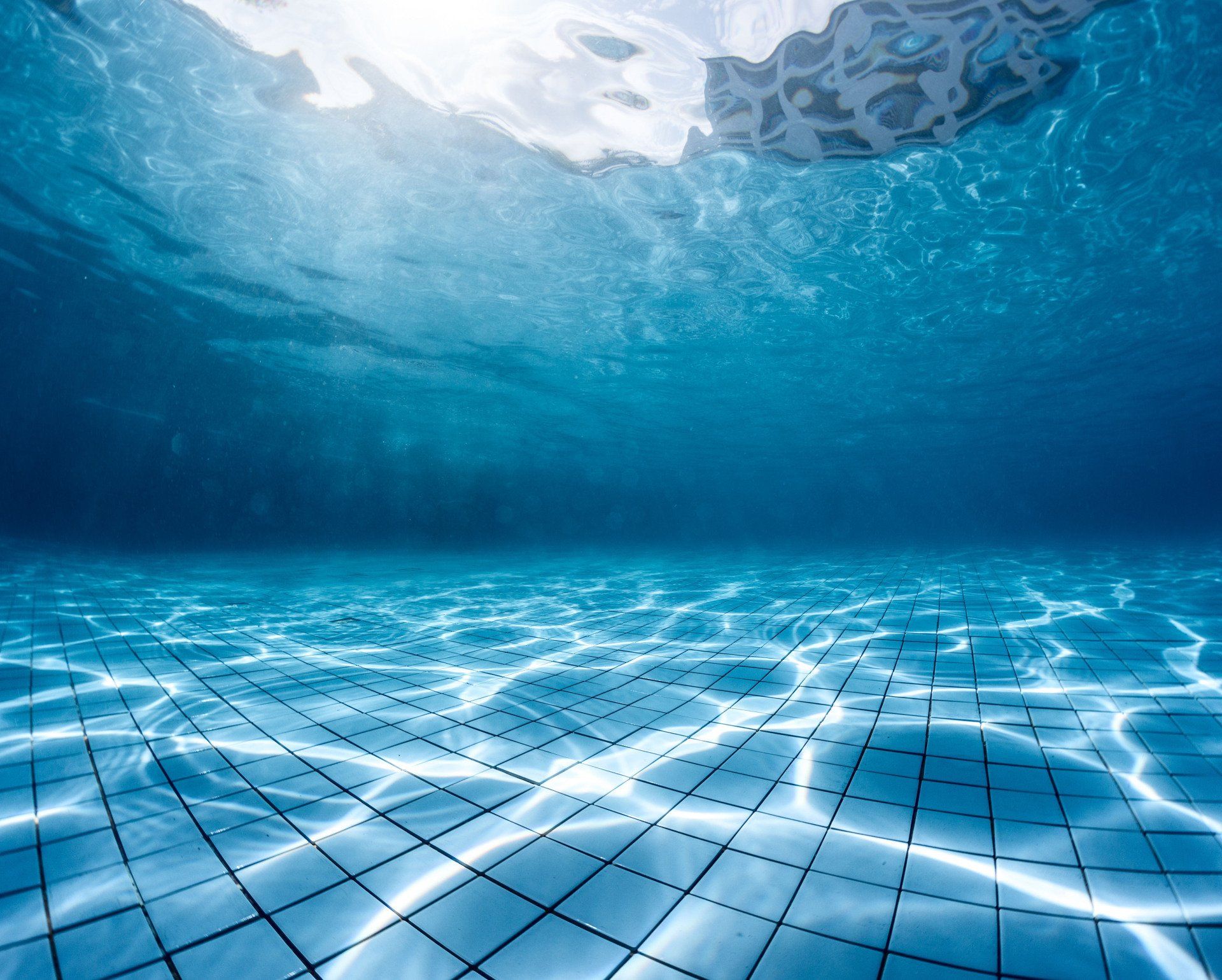
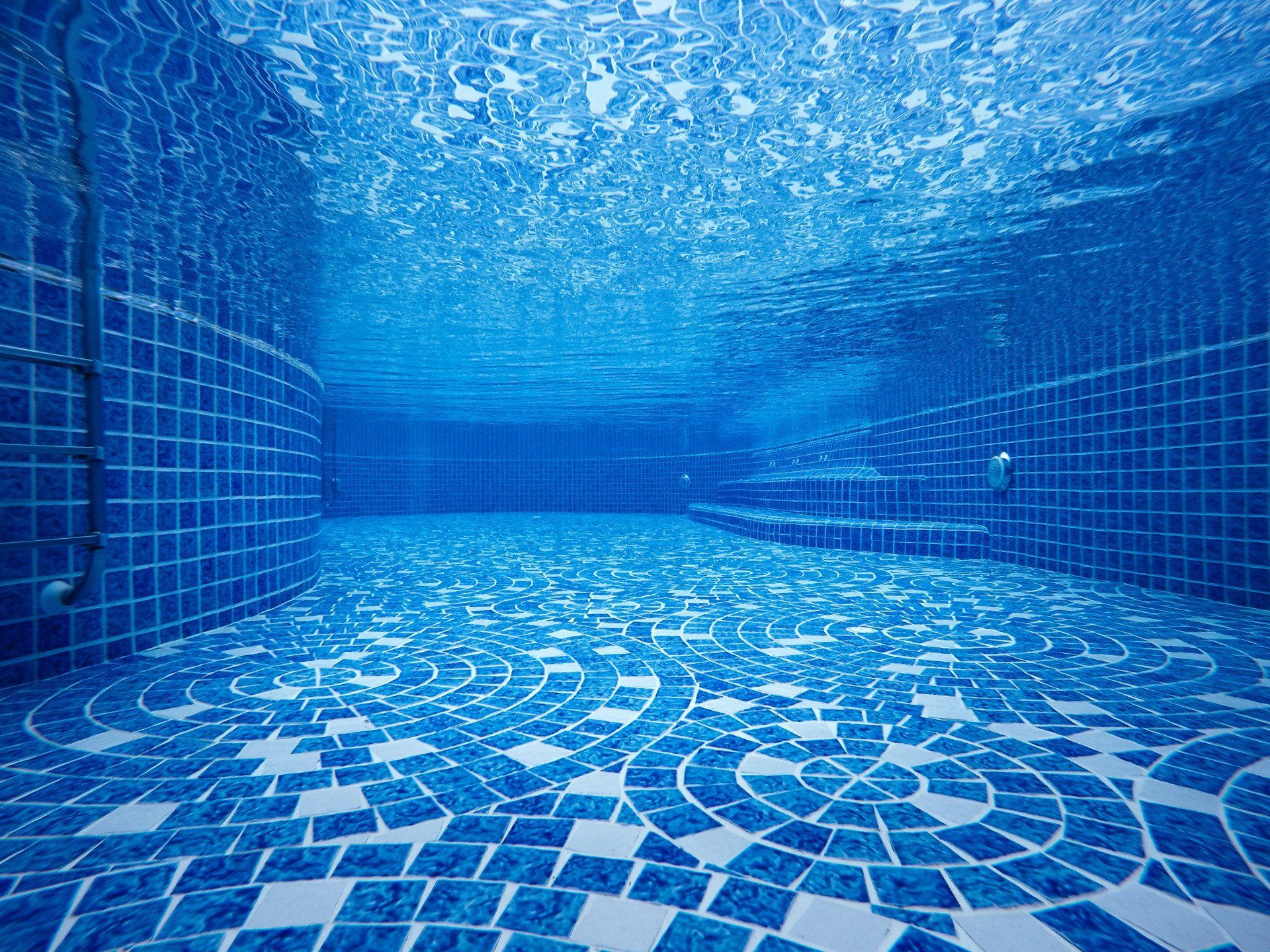
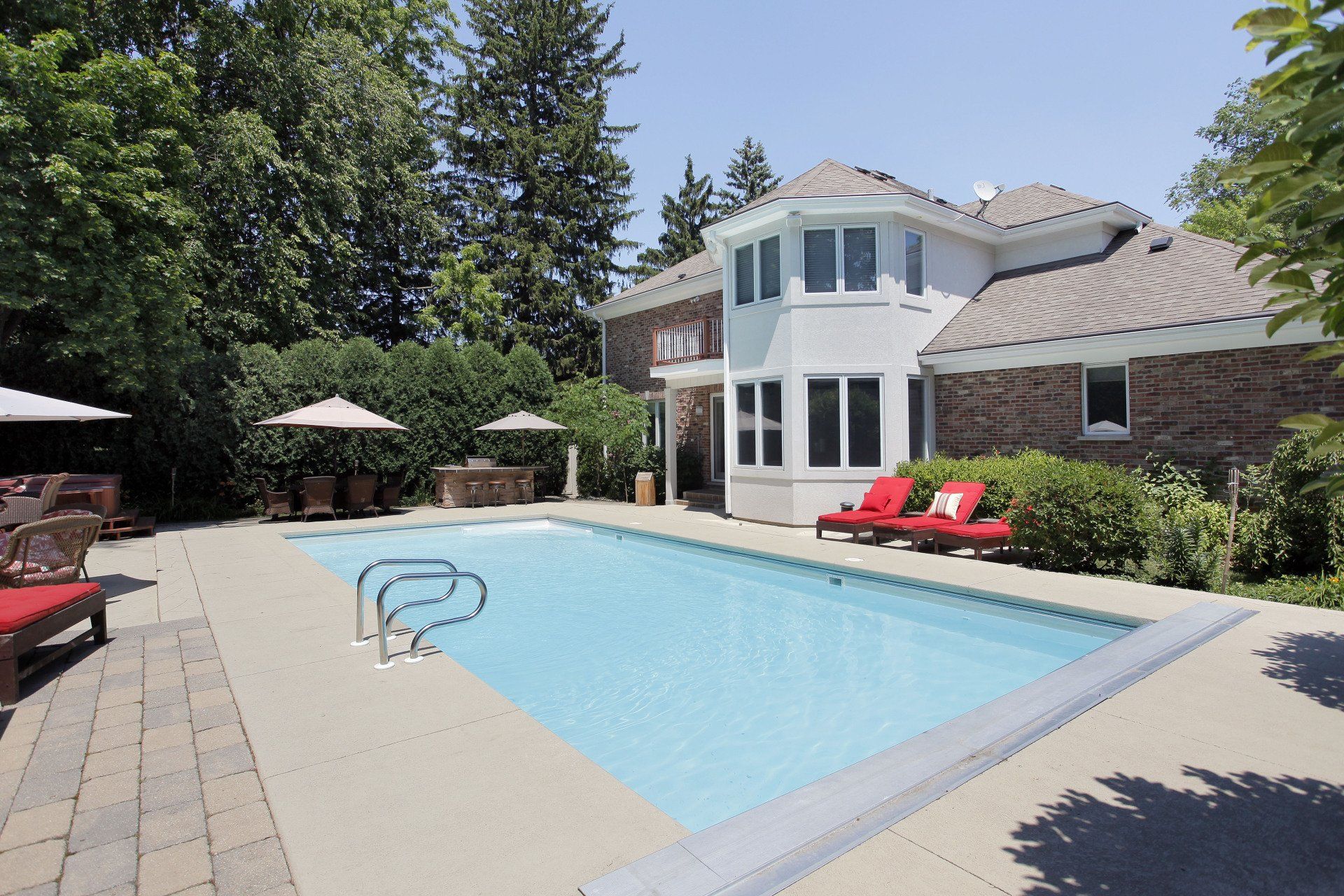


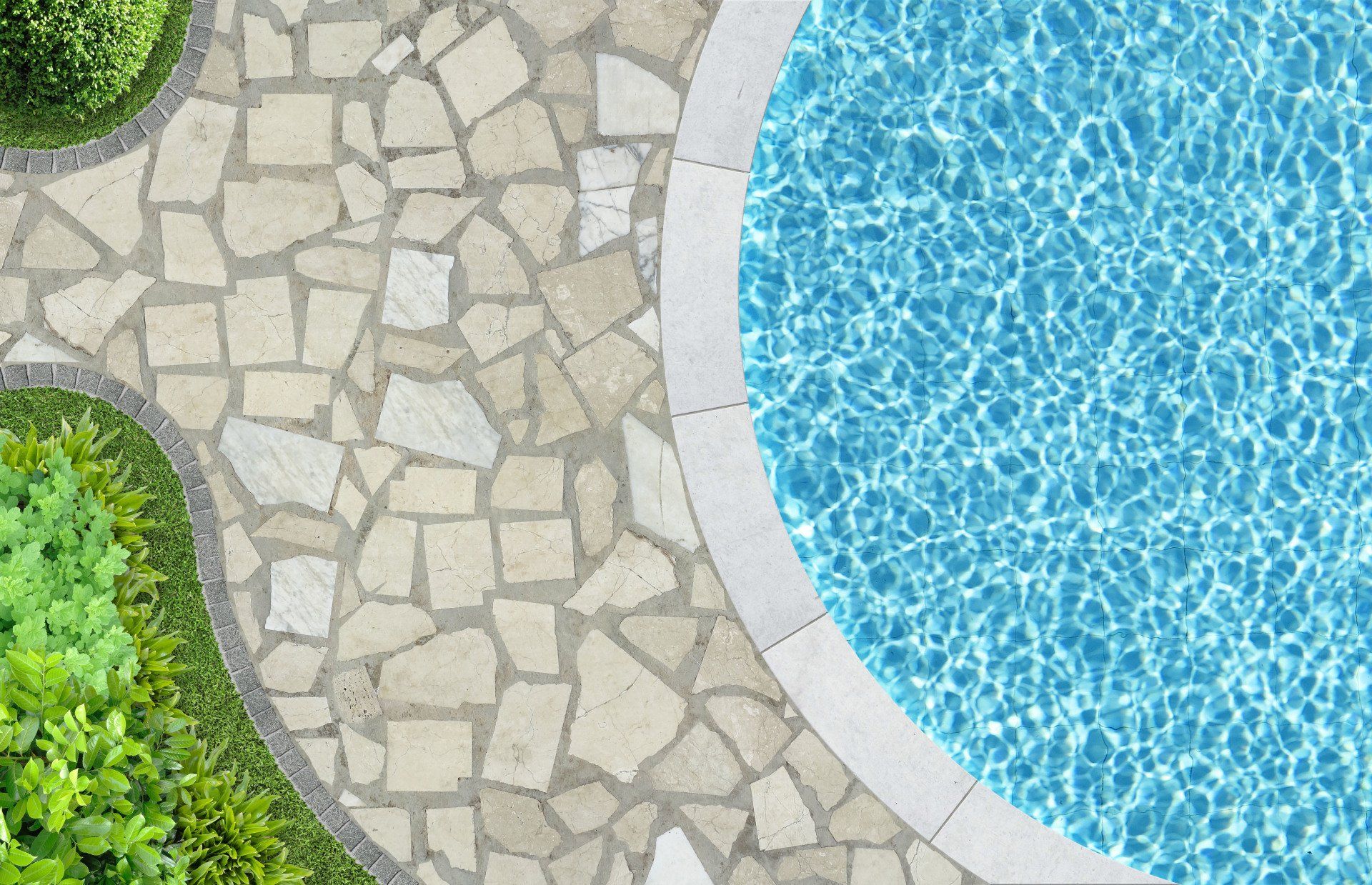
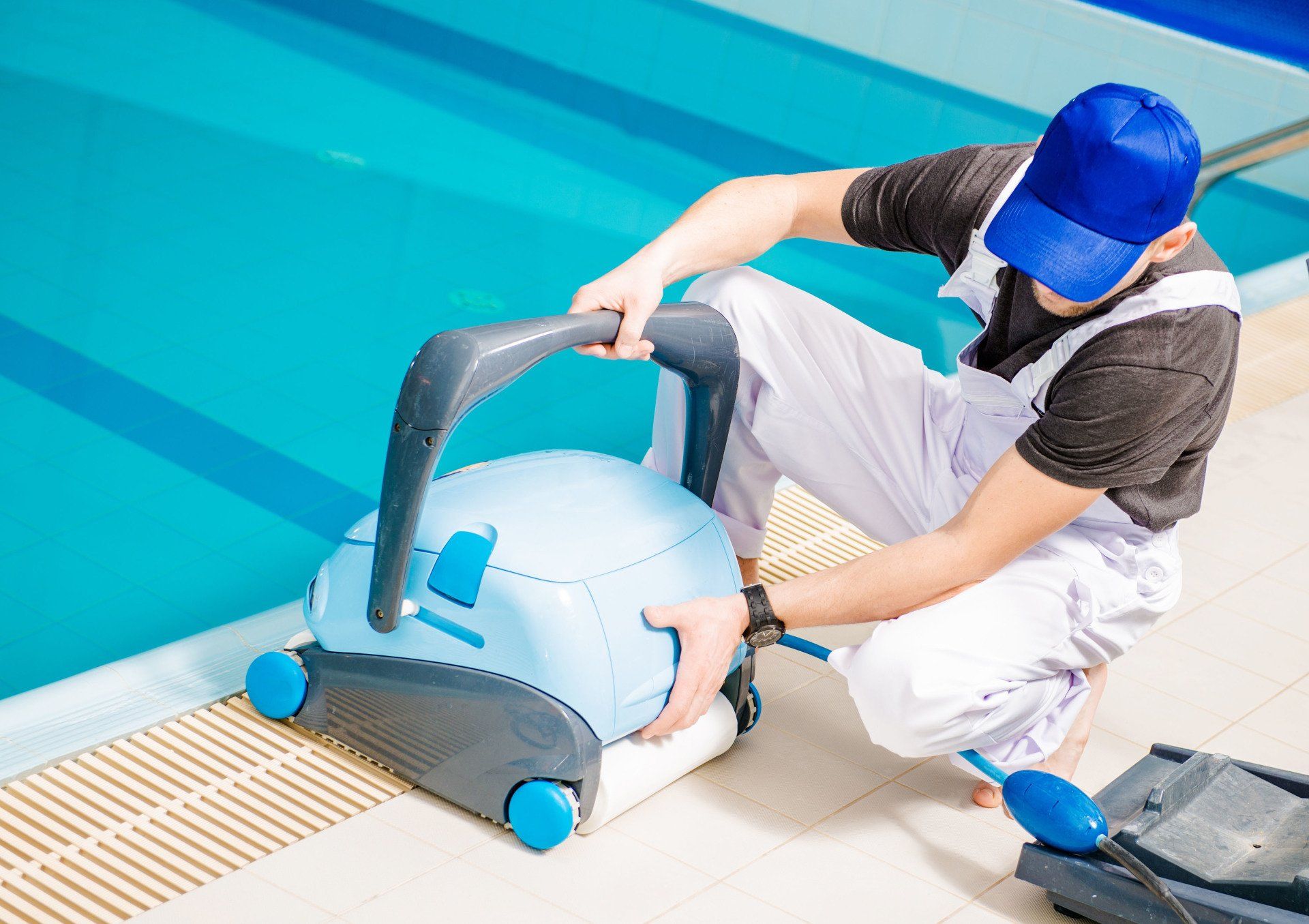

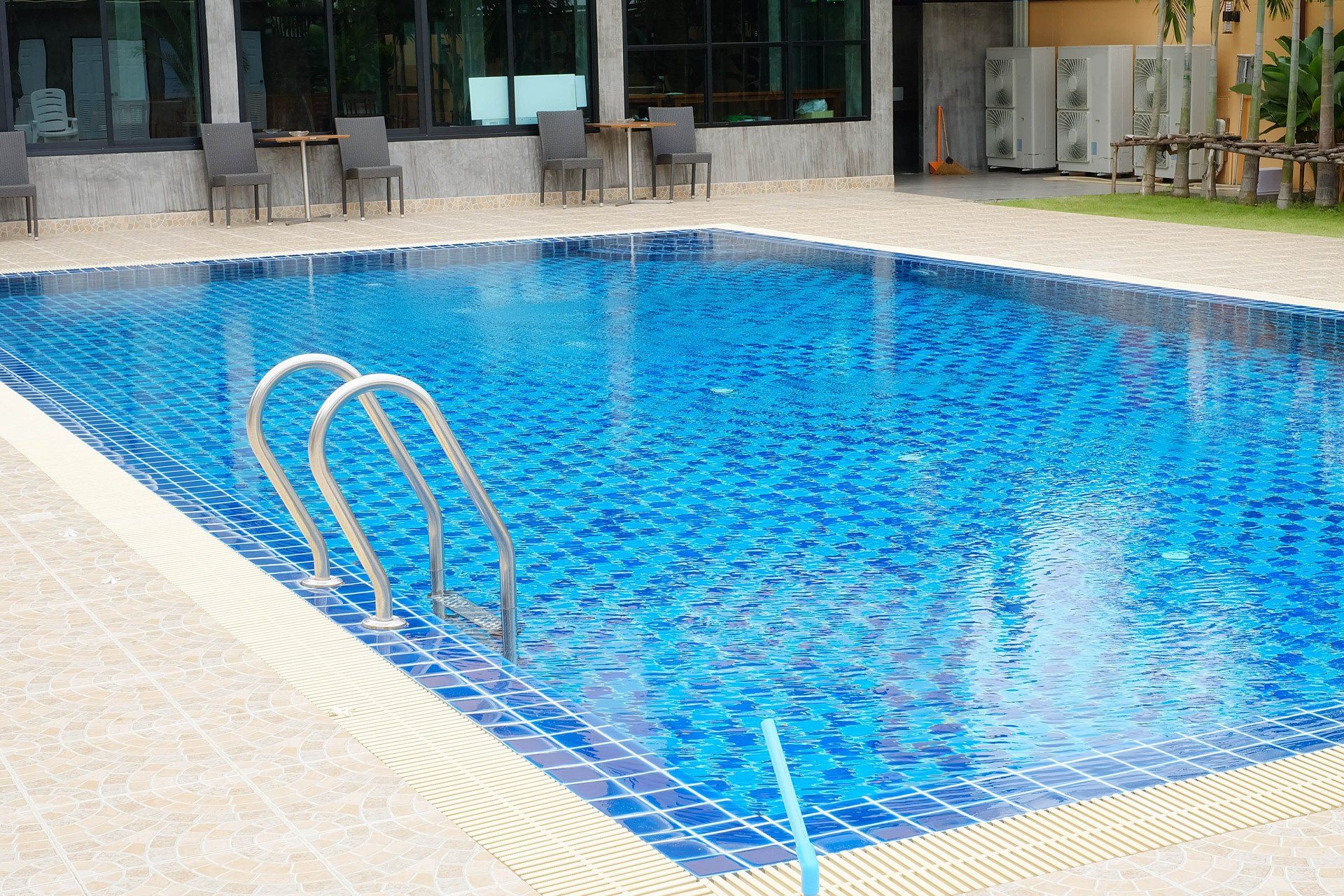
Share On: